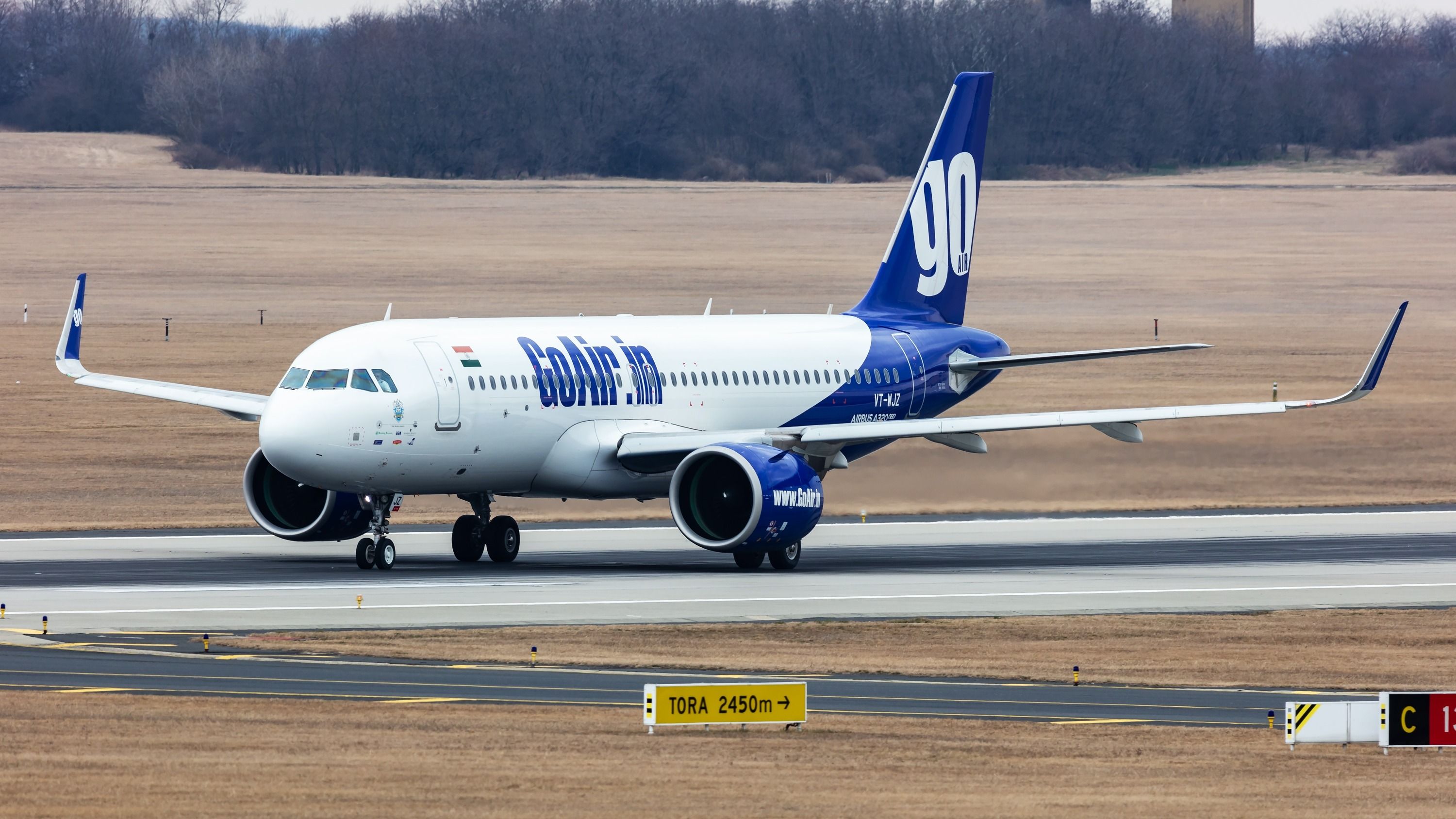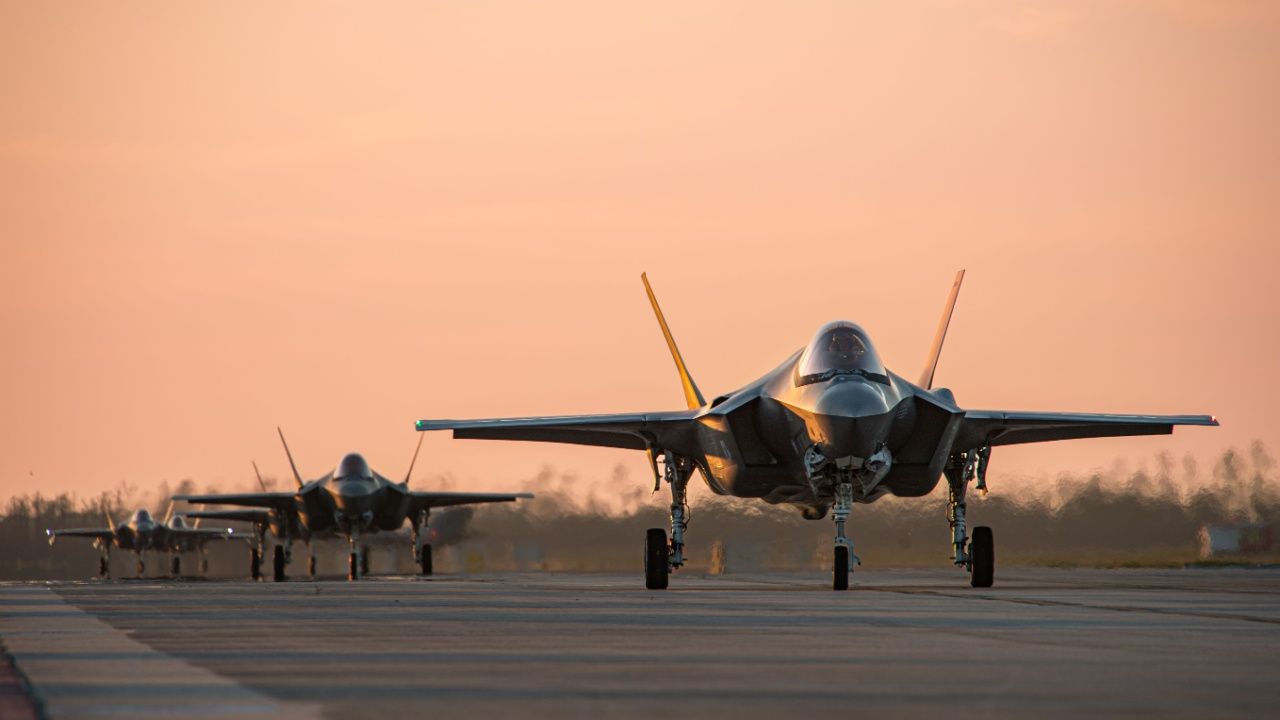Summary
- India has updated its insolvency regulations to exclude leased aircraft from a moratorium in the event of airline bankruptcy.
- The move comes after lessors have faced difficulties repossessing aircraft from bankrupt budget carrier Go First.
- The changes aim to repair India’s reputation as a risky country for leasing aircraft and engines.
India has reportedly updated its insolvency regulations that will now exclude leased aircraft from postponed payments when an airline goes bankrupt. The move could be a potential solution to disagreements or inconsistencies between global leasing rules and insolvency laws.
It comes after Mumbai-based Go First has faced challenges attempting to repossess its aircraft after filing for bankruptcy earlier this year, paired with a deteriorating relationship with lessors. The legal dispute has undoubtedly affected the airline’s plans to resume operations.
“Repair the reputation”
According to Reuters, an Indian government notification released on Tuesday announced the changes, keeping leased aircraft from a moratorium that begins when an airline halts operations due to bankruptcy and further indicating that some stipulations will not apply to transactions that relate to aircraft, engines, airframes, and helicopters.
Ramesh Vaidyanathan, Managing Partner of BTG Advaya, an Indian law firm, spoke about the changes in a statement to Reuters.
“With this, India can hope to somewhat repair the reputation it has acquired as a risky country to lease aircraft and engine to.”
Photo: Soos Jozsef/Shutterstock
The moratorium is imposed in Section 14 of India’s Insolvency and Bankruptcy Code. The country reportedly said it will not apply to global aircraft leasing rules under the Cape Town Convention, a treaty that protects repossession rights.
An ineffective treaty
The Convention aims to resolve the problems that arise when obtaining certain and opposable rights to high-value aviation assets, according to the International Civil Aviation Organization (ICAO). It improves “predictability with respect to the opposability of the securities and the interest held by sellers of aviation assets” and is also designed to be cost-effective.
The ICAO said the Convention reduces the risks for creditors and the borrowing costs to debtors as it promotes the granting of credit for the acquisition of more modern and fuel-efficient planes. India has reportedly ratified the treaty, but there was no local legislation enforcing it, which makes it ineffective.
Photo: AdityaChopra / Shutterstock
India’s aviation secretary reportedly said in June that the country is working to resolve disagreements among global aircraft leasing regulations and its own bankruptcy laws.
Several setbacks
Following budget airline Go First’s bankruptcy, the carrier has been in the process of making a comeback. The carrier was granted $12 million to cover urgent financial liabilities and stay afloat, however, it has been entangled in legal discrepancies with its lessors to recover its aircraft that have been grounded since May. Last month, reports of corrosion discovered on some planes surfaced. Simple Flying reported that a greenish deposit was found on the body of an Airbus A320neo that is around a year in age.
Photo: Soos Jozsef/Shutterstock
ACG Aircraft Leasing, one of Go First’s lessors, informed an Indian court that crucial parts are missing from at least two of its Airbus A320s following inspections. The lessor reportedly said that the captain’s sidestick, which helps steer the aircraft when it is on the ground, was removed along with an escape slide. Additionally, a portion of a toilet seat was not found, and engine fan blades were missing entirely.
The findings came amid hundreds of Go First pilots choosing to leave the airline. Recent reports suggested that the airline employs only 100 pilots after nearly 500 have departed the carrier over the last few months.







